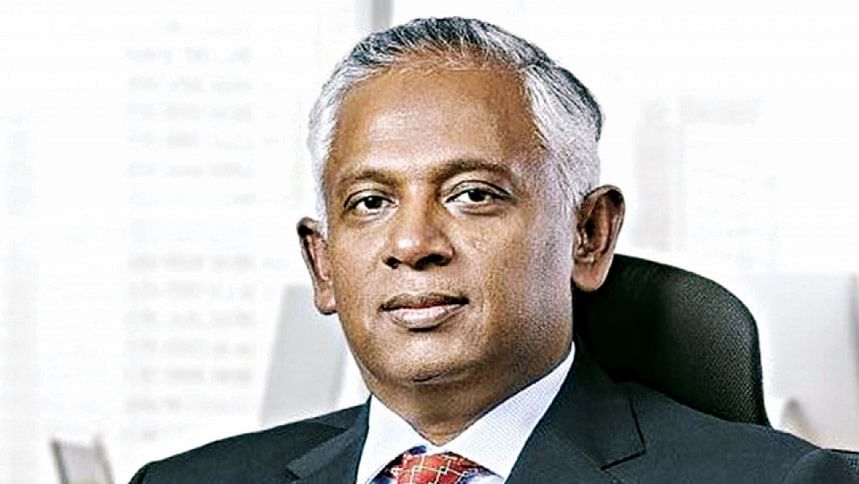A hypocrite's handbook: how to preach water and drink wine

At a multinational company, a new group CEO with a bureaucratic background, who had little knowledge of the industry, was appointed. From his high seat, the big boss decided to cover up his lack of knowledge by flexing his powers.
Subordinates with a stronger personality were either harassed and oppressed or fired. While he was busy on his harassing spree, the board decided to fire him before he completed a year in office. Now, that is what we call "divine justice".
Recently, I watched an Indian news channel criticising China's plan to build a super dam on the Brahmaputra river, near India and Nepal, as a move towards hydro hegemony, potentially causing water crises and ecological damage in neighbouring nations. It highlighted China's past of using river projects as geopolitical tools, affecting countries downstream.
The report called for international efforts to combat the risks of these unilateral endeavours, emphasising the need for diplomatic and legal approaches to ensure fair and sustainable water use and addressing the balance between environmental conservation and geopolitical tactics.
The news took me back to 1976, when, as a schoolboy, I took great interest in the Farakka protest and Moulana Bhashani. The Farakka protest in May 1976, known as the Farakka Long March, was led by Maulana Bhashani, who demanded the demolition of the Farakka Barrage constructed by India.
Designed to divert the Ganges waters into Indian territory, the dam meant the drying up of the Padma, not to mention the consequent environmental and economic implications in Bangladesh. Hearing India's present hue and cry, I love to call it divine justice! But sadly, in both cases, Bangladesh suffers.
Whether it is in corporate, regional or international politics, the powerhouse tries to abuse its power to serve its own interests at the cost of others. We have seen how "history repeats itself" and how "divine justice" is meted out, and yet we forget that when in power, there are mightier powers. Caring by sharing with your own people and neighbours ensures long-term and sustainable relationships.
Throughout history, superpowers have exercised their dominance, often leading to profound geopolitical and humanitarian consequences. From Israel's occupation of Palestine, the Soviet Union's invasion of Afghanistan and the United States' intervention in Iraq to Russia's annexation of Crimea and China's assertive actions in the South China Sea, these actions have reshaped international borders, destabilised regions, and challenged global stability.
The current political era highlights the use of political and military power to influence or control neighbouring countries, often at the expense of sovereignty, human rights, and regional peace.
Parallel to global superpowers, big corporations often dominate small and medium-sized enterprises (SMEs) by using their vast resources and market control, engaging in practices like predatory pricing, unfair supply chain terms, exclusive deals, strict intellectual property enforcement, creating entry barriers, leveraging bargaining power, buying out SMEs, and swaying regulations.
These actions can push SMEs out of the market, hinder their growth, widen the wealth gap, and decrease competition, significantly harming balanced economic development.
During economic downturns, the gap between large corporations and SMEs often grows, as big companies' financial strength, diversified activities, and operational advantages help them endure challenges like falling demand and supply chain issues. Conversely, SMEs with narrower profit margins, limited financial resources and less varied business models are more susceptible to economic stress.
Looking back at eco-political factors that shaped recent history, it becomes clear that true strength lies in building bridges, not barriers, and in fostering a world where cooperation triumphs over conquest.
The challenges we face, from corporate boardrooms to international waters, demand a shared commitment to equity, sustainability, and the recognition that our destinies are intertwined, urging us to act with foresight and compassion for the well-being of all.
The author is founder and managing director of BuildCon Consultancies Ltd

 For all latest news, follow The Daily Star's Google News channel.
For all latest news, follow The Daily Star's Google News channel. 



Comments